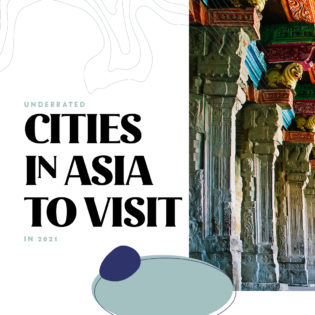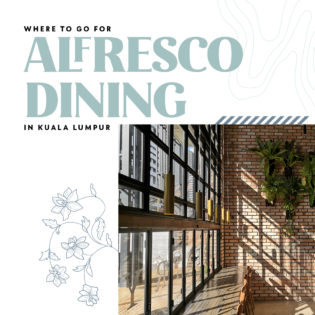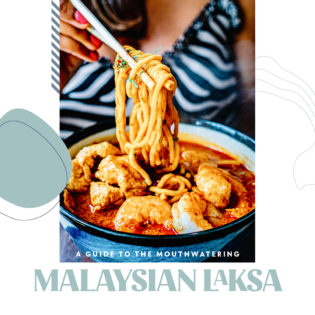ResQ Club, a food ‘rescue’ service, aims to fight food wastage, one meal at a time

Imagine a blue whale, the largest animal on earth. An adult can weigh up to 200 tonnes. Now imagine 75 blue whales, weighing approximately 15,000 tonnes. This is how much food Malaysians throw out on a daily basis, according to a 2016 report by the Malaysian Agricultural Research and Development Institute. That’s enough to feed 11 million out of the 800 million people in the world that go hungry every day!
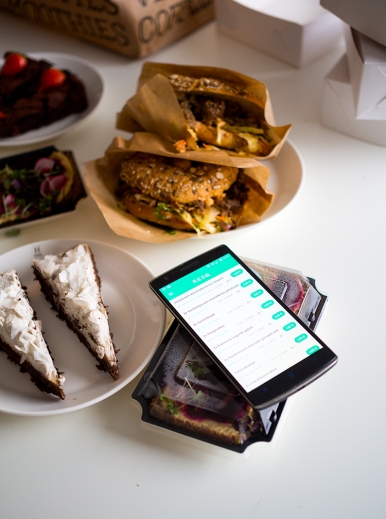
A large part of our food waste can be prevented, says ResQ Club founder and chief executive officer Tuure Parkkinen. Founded in Helsinki, Finland, ResQ is a food ‘rescue’ service that allows users to ‘rescue’ surplus meals from participating restaurants at discounted prices.
“Every day, over 10 percent of prepared restaurant food is thrown away – even though it’s still in top condition,” says Parkkinen, an industrial engineer turned entrepreneur with a passion for sustainable solutions.
ResQ allows eateries to put up meals that are not sold off over lunch or dinner on the service, which is available on the Web, and on Android and iOS smartphones. Customers reserve the portions they want and pick the food up physically from the store. The service is currently available in the Netherlands, Estonia, Sweden and Germany. It made its debut in Malaysia last December.
Since its inception in January last year, over 125,000 meals have been saved from 400 restaurants in cities ResQ operates in. That’s roughly 40,000 kilogrammes of food, equal to carbon emissions from five million kilometres driven. “Kuala Lumpur has a versatile food sector, and people are environmentally aware. We felt that the time was right to introduce it here,” Parkkinen explains.
To date, the service has 40 active vendors in the greater Kuala Lumpur area, including established restaurants and cafés like Mikey’s Original New York Pizza, Salad Atelier, and Wondermilk. There is a healthy selection for users, from pizza to Yemeni food and local favourites like Peranakan cuisine.
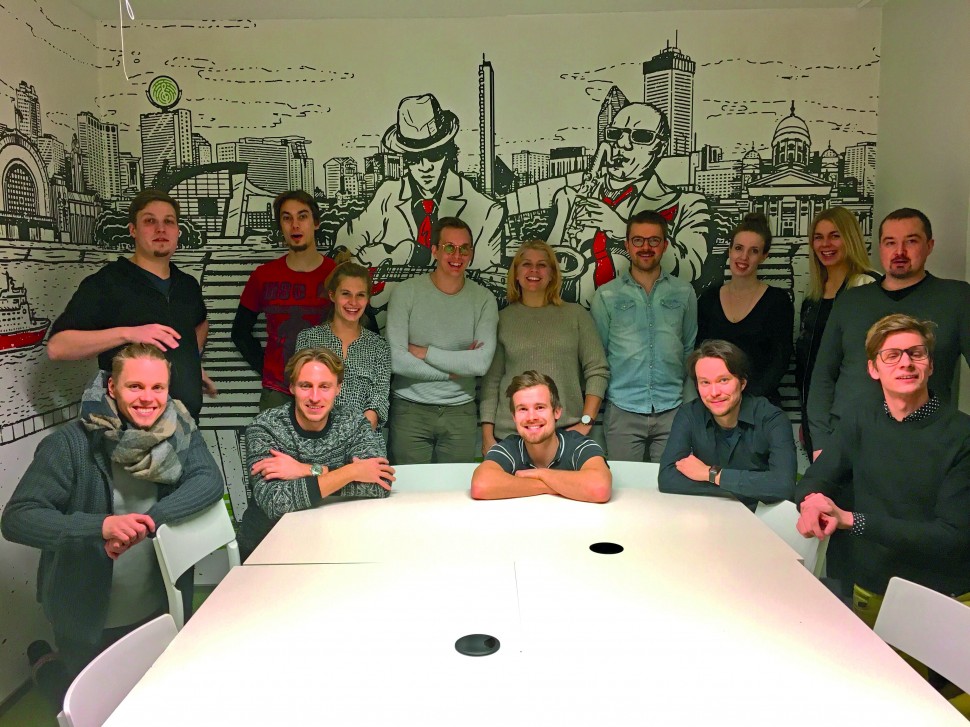
Country manager Joanne Chia, who runs the operations in Malaysia, says while the user base is still modest, the valuable thing is that they are seeing many repeat customers. “In the past two weeks, there was a user buying salads almost every day from the service. It’s great to know that users are forming a habit out of it. That matters to us more than numbers,” says Chia.
For Parkkinen, food wastage is an issue close to his heart. “I lived in Africa, and as a child, I learnt that food was not something to take for granted,” he says, adding that when he was home living with his parents, he often ate leftovers in the fridge as he didn’t want to waste.
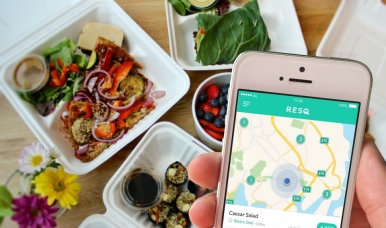
Chia shares a similar story. “Wasting food is a big no-no in my household. I used to routinely visit orphanages and charities with my late mother and noticed a lot of our efforts focused on finding food – which is crazy given the amount of food we waste on a daily basis!” she says.
The idea behind Res-Q is to provide a win-win option for everyone involved. Consumers get good restaurant food at discounted prices, usually between 40 to 70 percent off, whilst also being part of the solution to food waste.
“Of course, it’s not as on-demand or as effortless as ordering something from a delivery service, but if you’re rescuing a meal from around your workplace or home, you’ll also save money on groceries and time from cooking at home,” Parkkinen enthuses. He adds that it’s a way for people to try out new kinds of food and explore new venues in their locality.
Restaurants, meanwhile, benefit by getting an income out of food that would otherwise be binned. “Even if consumers aren’t buying from a particular restaurant, it’s still a cost-effective way to promote an establishment since the service shows what offerings they have,” he points out. Joining the service is free for all parties, and it also allows restaurants to track their monthly sales.
As with any startup, there are challenges. One major hurdle is perception.
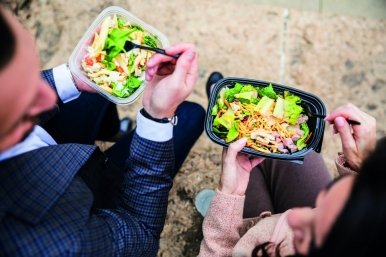
“Some restaurants have been in the industry for a long time, and they have certain ways of thinking how things should be done. Changing those set ways aren’t easy,” he says. Moreover, brands tend to shy away from labels such as ‘leftover’. Part of ResQ’s aim is to remove the negative connotation associated with surplus food as low-quality or expiring goods.
Moving forward, Parkkinen says they are looking to improve their product by introducing a better user interface and added features such as crowd-sourcing and quality control. “We also hope to provide a more personalised experience, where users can list their dietary and other preferences,” he says.
Delivery, which the service is piloting in Malaysia for selected merchants, is also something that they hope to implement in more markets. “Our aim is to reduce the impact on the environment, so we want people to go to the restaurants to pick up the food, but since the service is location-based and limited to a user’s everyday routes, delivery is something we’re considering to better the user experience,” Chia explains.
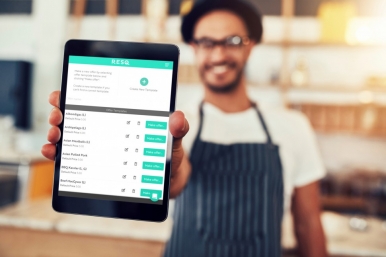
Aside from offering a sustainable solution, ResQ’s ultimate goal is to educate people to not waste resources and on the dangers of environmental destruction.
“We try to educate our clients on all the things they can do to be more environmentally responsible, including sourcing for sustainable produce and ingredients,” says Parkkinen.
Food waste is a hot topic in Europe, where 88 million tonnes of food are wasted annually in the European Union. Movements to reduce surplus and encourage businesses to be more sustainable have taken root in recent years.
In Denmark, Russian-born Danish activist Selina Juul has been credited by the Danish government for helping the country reduce its food waste by 25 percent in just five years, thanks to her consumer organisation Stop Wasting Food.
Last year, the city of Copenhagen introduced its first-ever food surplus supermarket, which sells products at half the retail price. Meanwhile, France imposed a ban on supermarkets from throwing out unwanted food, slapping businesses with fines if they refuse to donate them to food banks or charities.
The conversation has started in Malaysia, thanks to government initiatives like Save Food Malaysia, which brings together government agencies, NGOs, startups and private companies to look into issues of food security, reducing wastage and alleviating hunger.
Parkkinen and Chia hope that with services like ResQ, more can be done to combat food wastage and act as a call-to-action for the public. “The awareness is there; now it’s time to do something about it,” says Chia.


